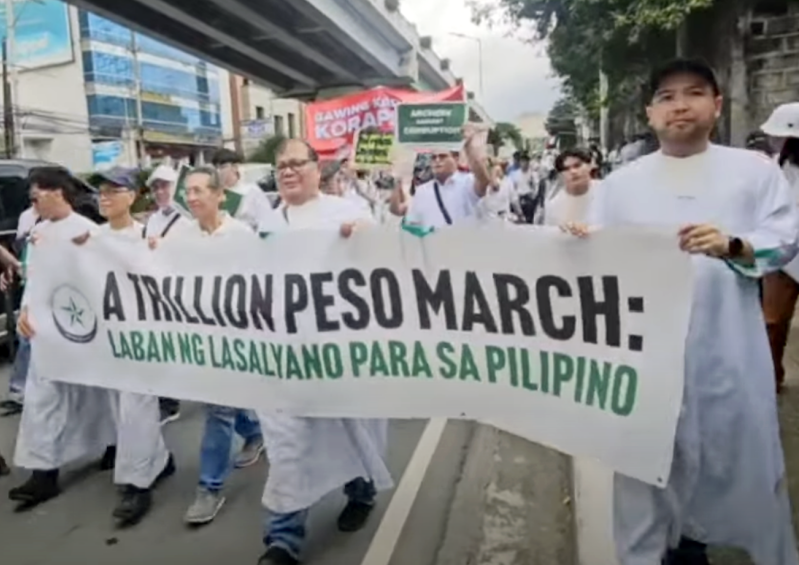
The Philippine Council of Evangelical Churches (PCEC), together with allied groups, has called for a national week of repentance, prayer, and fasting to “heal corruption” in the Philippines — a move that builds on recent church-led actions against large-scale graft in infrastructure and flood-control projects.
In a letter, PCEC urged all Filipinos to unite from October 25 to 30 in seeking moral renewal, humble leadership, and just governance. Their statement calls on believers to pray for righteous leaders, reject complicity in wrongdoing, and restore the nation’s dignity.
This latest initiative comes amid mounting criticism by faith leaders of an alleged multi-billion-peso corruption scandal involving flood-control and infrastructure projects. In September, a coalition of Christian and Catholic church leaders denounced the discovery of ghost projects, padded budgets, and gross misallocation of funds, calling the scandal a “moral abomination.”
Just days later, organizers of the so-called “Trillion Peso March” hailed the mass prayer rally in Manila as a divine moment, saying some 70,000 citizens responded in outrage over government spending failures and lack of accountability.
Now, the PCEC-led campaign seeks to sustain this momentum through prayer and community mobilization. The statement highlights four core actions for participants: personal confession and corporate repentance; daily prayer for justice and godly leadership; fasting in whatever capacity; and group gatherings in homes, churches, or neighborhoods to “plant the seeds of spiritual change.”
In a public letter co-signed by Bishop Noel Pantoja, General Secretary of PCEC, the evangelical body issued a heartfelt national appeal, calling the moment “crucial for our nation.”
“We sincerely appeal to every Filipino who loves God and cares about our Motherland. As corruption continues to ravage our land, oppress our countrymen, and undermine justice, we know that true change begins not in the halls of power, but in humility before Almighty God,” the letter states.
The call urges Filipinos to participate in the prayer week by seeking divine action that corruption “will be destroyed at all levels of leadership and society,” and that God would “bless righteous leaders who serve with integrity, humility, and justice.” It further asks that wicked leaders who “exploit the weak and betray the trust of the people” be punished, while calling on citizens to repent of “greed, carelessness, and aiding and abetting evil.”
The letter quotes 2 Chronicles 7:14 as the scriptural foundation: “If my people, who are called by my name, will humble themselves and pray and seek my face and turn from their wicked ways, then I will hear from heaven and will forgive their sin and will heal their land.”
PCEC’s calls for personal and collective repentance “for silence, indifference, or complicity in the system of sin,” daily prayer that God would expose corruption and raise up righteous leaders, fasting “as you can,” and gathering in homes, churches, or communities to intercede.
“Our hope,” the letter concludes, “is a Philippines where justice flows like a river, where leaders fear God and defend the poor. Let the fire of God consume evil and His grace empower goodness. Let the curse be upon wickedness, and let the blessing pour out upon righteousness.”
Isaiah 61:8 is cited as the guiding verse for the campaign: “For I, the Lord, love justice; I hate robbery and wrongdoing. In my faithfulness I will reward my people and make an everlasting covenant with them.”





